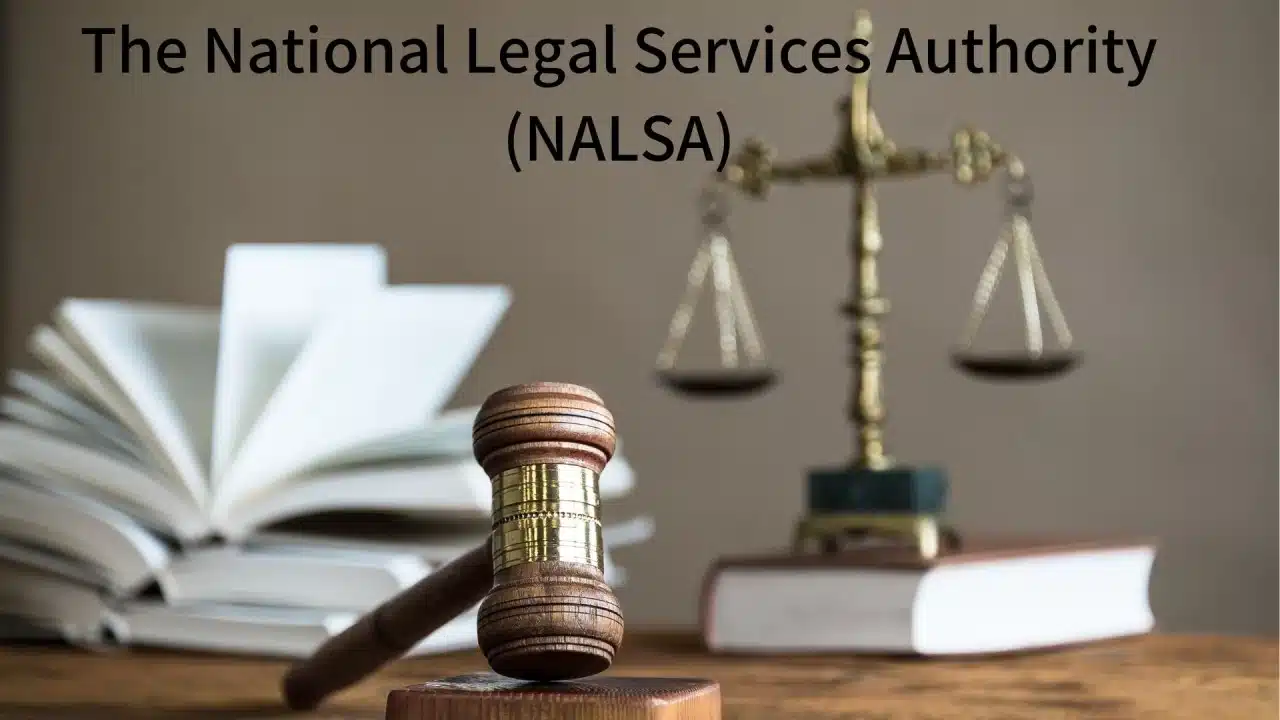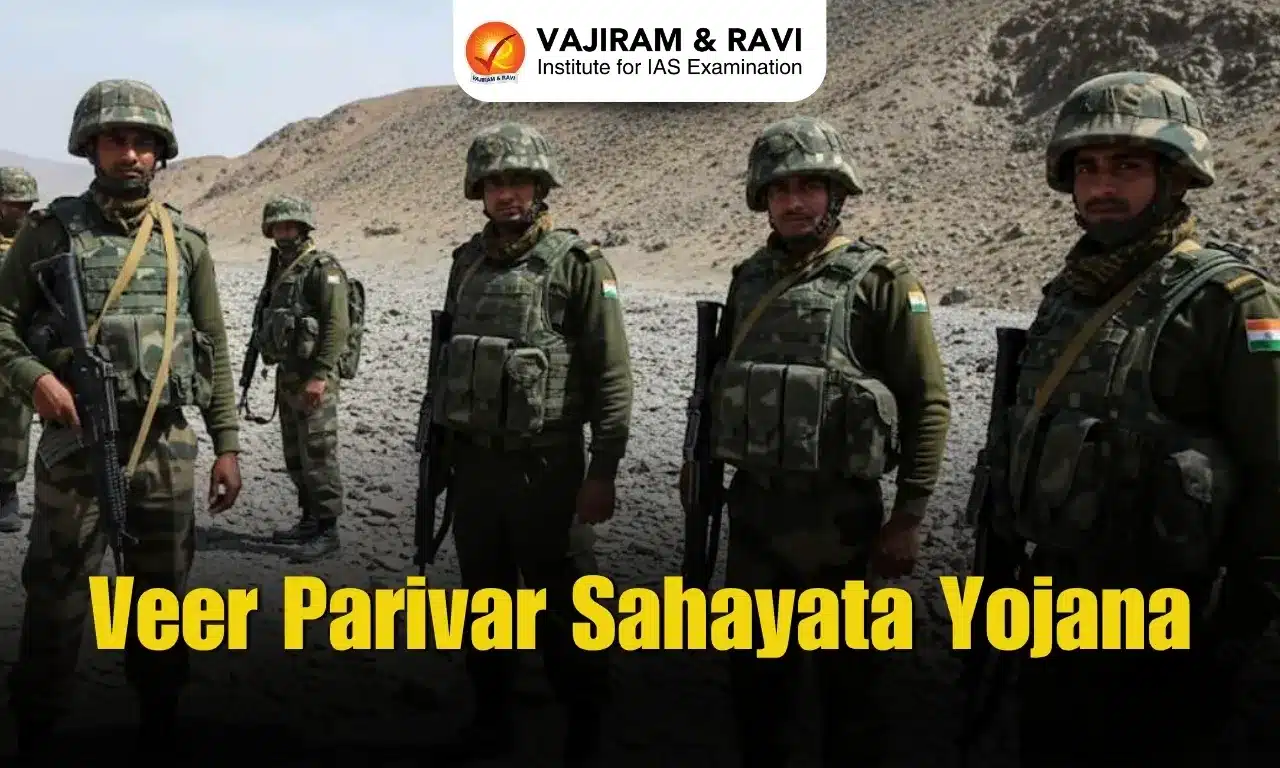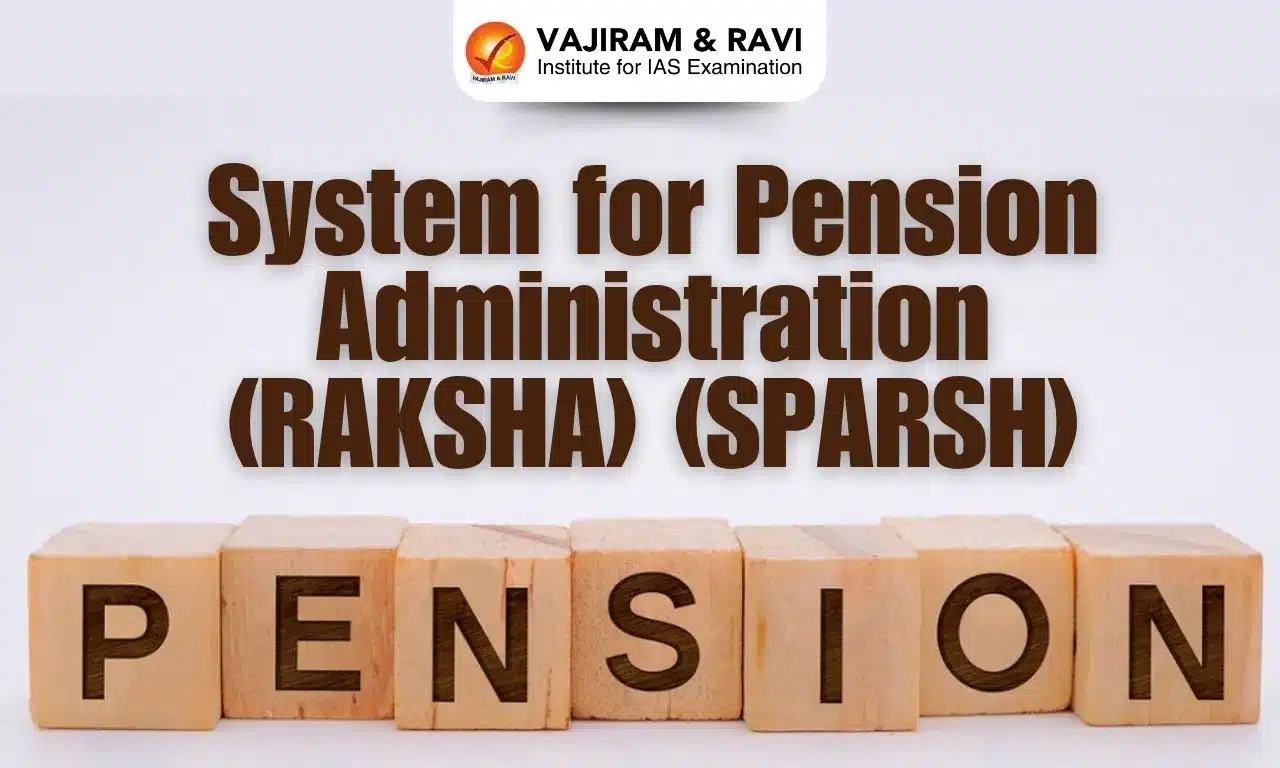About National Legal Service Authority (NALSA)
- NALSA has been constituted under the Legal Services Authorities Act, 1987, to provide free legal services to the weaker sections of society and to organize Lok Adalats for amicable settlement of disputes.
- The prime objective of NALSA is the speedy disposal of cases and reducing the burden on the judiciary.
- The Chief Justice of India is the patron-in-chief of NALSA, while the second senior most judge of the Supreme Court of India is the Executive Chairman.
- It is housed at the Supreme Court of India, New Delhi.
- In every State, a State Legal Services Authority and in every High Court, a High Court Legal Services Committee has been constituted.
- District Legal Services Authorities and Taluk Legal Services Committees have been constituted in the Districts and most of the Taluks to give effect to the policies and directions of the NALSA, and to provide free legal services to the people, and conduct Lok Adalats in the State.
- NALSA, through the State Legal Services Authorities, also conducts legal literacy programmes.
- The free legal services include:
- Payment of court fees, process fees, and all other charges payable or incurred in connection with any legal proceedings;
- Providing the service of lawyers in legal proceedings;
- Obtaining and supply of certified copies of orders and other documents in legal proceedings.
- Preparation of appeal, paper book, including printing and translation of documents in legal proceedings.
- Persons eligible for free legal services includes:
- Women and children
- Members of SC/ST
- Industrial workmen
- Victims of mass disasters, violence, flood, drought, earthquake, and industrial disaster.
- Disabled persons.
- Persons in custody
- Persons whose annual income does not exceed Rs. 1 lakh (in the Supreme Court Legal Services Committee the limit is Rs. 5,00,000).
- Victims of trafficking in human beings or beggars.
- Constitutional Provisions:
- Article 39A provides for free legal aid to the poor and weaker sections of society and ensures justice for all.
- Articles 14 and 22(1) of the Constitution also make it obligatory for the State to ensure equality before the law and a legal system that promotes justice on the basis of equal opportunity for all.
Key Facts about Lok Adalats:
- It is one of the alternative dispute redressal mechanisms.
- It is a forum where disputes/cases pending in the court of law or at the pre-litigation stage are settled or compromised amicably.
- Who conducts? NALSA, along with other legal services institutions conducts Lok Adalats.
- Status: Lok Adalats have been given statutory status under the Legal Services Authorities Act, 1987.
- Appeal:
- The award (decision) made by the Lok Adalats is deemed to be a decree of a civil court and is final and binding on all parties, and no appeal against such an award lies before any court of law.
- If the parties are not satisfied with the award of the Lok Adalats, though there is no provision for an appeal against such an award, they are free to initiate litigation by approaching the court of appropriate jurisdiction by filing a case by following the required procedure, in exercise of their right to litigate.
- Fees: There is no court fee payable when a matter is filed in a Lok Adalat.
- Nature of cases to be referred to Lok Adalats:
- Any case pending before any court.
- Any dispute that has not been brought before any court and is likely to be filed before the court.
- Provided that any matter relating to an offence not compoundable under the law shall not be settled in Lok Adalats.
Q1) What are Non-compoundable offenses?
Non-compoundable offenses are serious crimes that cannot be settled through compromise. They can only be dismissed or quashed. The reason behind this is that these offenses are so severe and criminal that the accused cannot be allowed to avoid punishment. In such cases, it’s usually the “state” or the police that has filed the case, so the idea of the victim making a compromise doesn’t apply.
Source: Justice Sanjiv Khanna appointed National Legal Services Authority Executive Chairperson
Last updated on July, 2025
→ UPSC Notification 2025 was released on 22nd January 2025.
→ UPSC Prelims Result 2025 is out now for the CSE held on 25 May 2025.
→ UPSC Prelims Question Paper 2025 and Unofficial Prelims Answer Key 2025 are available now.
→ UPSC Calendar 2026 is released on 15th May, 2025.
→ The UPSC Vacancy 2025 were released 1129, out of which 979 were for UPSC CSE and remaining 150 are for UPSC IFoS.
→ UPSC Mains 2025 will be conducted on 22nd August 2025.
→ UPSC Prelims 2026 will be conducted on 24th May, 2026 & UPSC Mains 2026 will be conducted on 21st August 2026.
→ The UPSC Selection Process is of 3 stages-Prelims, Mains and Interview.
→ UPSC Result 2024 is released with latest UPSC Marksheet 2024. Check Now!
→ UPSC Toppers List 2024 is released now. Shakti Dubey is UPSC AIR 1 2024 Topper.
→ Also check Best IAS Coaching in Delhi















